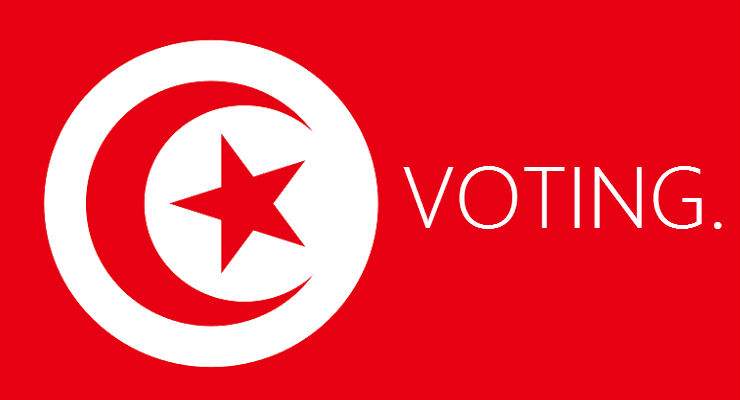
The article from Democracy Digest is much suggested.
Tunisia’s hopeful transition to a democratic future faces a new challenge. Voters in the country have delivered a sharp rebuke to their political elite. In the first round of presidential elections, held on Sept. 15, candidates from establishment parties performed poorly, among them Ennahda, the conservative Islamic party with the most seats in parliament, and Tahya Tounes, or Long Live Tunisia, the party of Youssef Chahed, the current prime minister, notes Rory McCarthy, the author of “Inside Tunisia’s al-Nahda: Between Politics and Preaching.”
Tunisia’s democratic transition appeared to benefit from pragmatism and consensus over the past eight years. The Tunisian National Dialogue Quartet, made up of four civil society groups, won the 2015 Nobel Peace Prize for successfully negotiating a way out of a grave political crisis two years earlier when the transition was close to collapse. Politicians went on to write a progressive constitution and to build an inclusive political system that gave space to both Islamists and their former adversaries from Mr. Ben Ali’s ousted regime, he writes for The New York Times:
Many Tunisians hope that this public rejection of the political elite will reset the system and revive the promises of the 2011 uprising for accountable, legitimate government and wider economic opportunities for all. But the risk is a slide toward authoritarian tendencies. …Another low turnout is likely in the coming parliamentary elections, and established parties are unlikely to dominate. A fragmented parliament may not be able to restrain an ambitious president. And it may struggle once again to agree on candidates for the constitutional court, which ought to be the final guarantor of Tunisia’s political transition.
Follow this link for full story
Leave a Reply